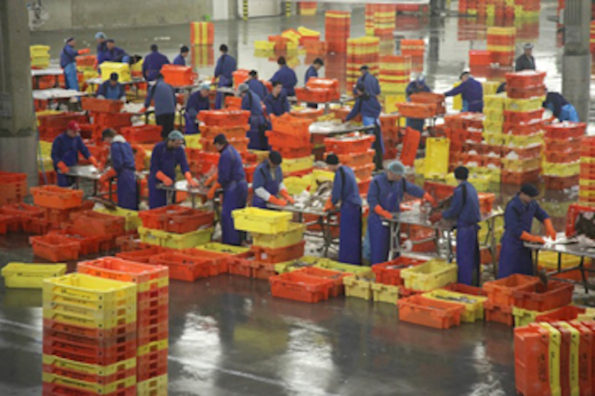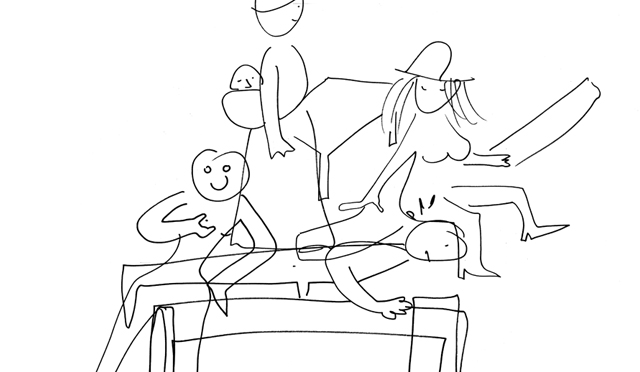Search
To search for an exact match, type the word or phrase you want in quotation marks.
A*DESK has been offering since 2002 contents about criticism and contemporary art. A*DESK has become consolidated thanks to all those who have believed in the project, all those who have followed us, debating, participating and collaborating. Many people have collaborated with A*DESK, and continue to do so. Their efforts, knowledge and belief in the project are what make it grow internationally. At A*DESK we have also generated work for over one hundred professionals in culture, from small collaborations with reviews and classes, to more prolonged and intense collaborations.
At A*DESK we believe in the need for free and universal access to culture and knowledge. We want to carry on being independent, remaining open to more ideas and opinions. If you believe in A*DESK, we need your backing to be able to continue. You can now participate in the project by supporting it. You can choose how much you want to contribute to the project.
You can decide how much you want to bring to the project.

Delocalised practices, political reflections, contexts and social structures; Internet, gender or its absence, discourse and its critical nature, movement, performance, dance, the game, the dance. Theory, the archive, discourse and the meta- (…).
The spaces and time for artistic research are subjects that occupy us since art is art and there is someone reflecting on it. The evolution of the praxis, the content, the supports or the objectives, the systems of production or its structures of distribution are not something we’ve discovered here and now. In this issue, we sought to capture a shot of the current state of the question more than an approximation encompassing and framing the totality of the object; we know that this is rarely possible.
We began the month with Nerea Arrojería and a sort of “Searching Mode” classification or ways to endeavour to order the unorganisable, in “Searching for sugar title”.
She was followed by a brilliant Xavier Acarín with his apology for intuition and inexactness as a method and aim, in a text titled “Inexact intuition”. One which went beyond referential authors for artistic research (Hito Steyerl, Uta Meta Bauer, Aby Warburg) with unpredictable relations, results without explicit reasonings, Duchamp, post-democracy, and in passing, Paul Lafargue, Donna Haraway and Adam Curtis.
Irina Mutt authored “Looking for problems”, in which stemming from the need to problematize current practices in artistic research, but also, more in first person – curatorial- practices, reviewing authors like Virginie Despentes, Maggie Nelson and Karen Barad.
We closed the year with a collaboration with the Fundación Yaxs, in which the curator and critic Manuela Moscoso, tutored a seminar about research methods in artistic practices, the processes and results of which we published to bring the year to an end. Spanky introduced us to chance as a detonator and the camera as a research tool with which to delve into the archive of the poet Arqueles Morales Chacón; Delfina Esperanza de León invited us to make timeless connections and a series of invocations to confront disaster; Mario Alberto López made an investigation and experiment based on a photograph; Nora Pérez i Jorge de León explored the use of colour in the media in Guatemala as well as the inclination towards sensationalism and to bring the month and year to an end Manuel Chavajay proposed a game /poem to vindicate the spaces hijacked from us.

A*DESK is a critical platform focused on publishing, training, experimentation, communication and dissemination in relation to contemporary culture and art, which is defined by transversality. The starting point is contemporary art, because that is where we come from and this awareness allows us to go much further, to incorporate other disciplines and forms of thought in order debate issues that are relevant and urgent for understanding our present.
"A desk is a dangerous place from which to watch the world" (John Le Carré)